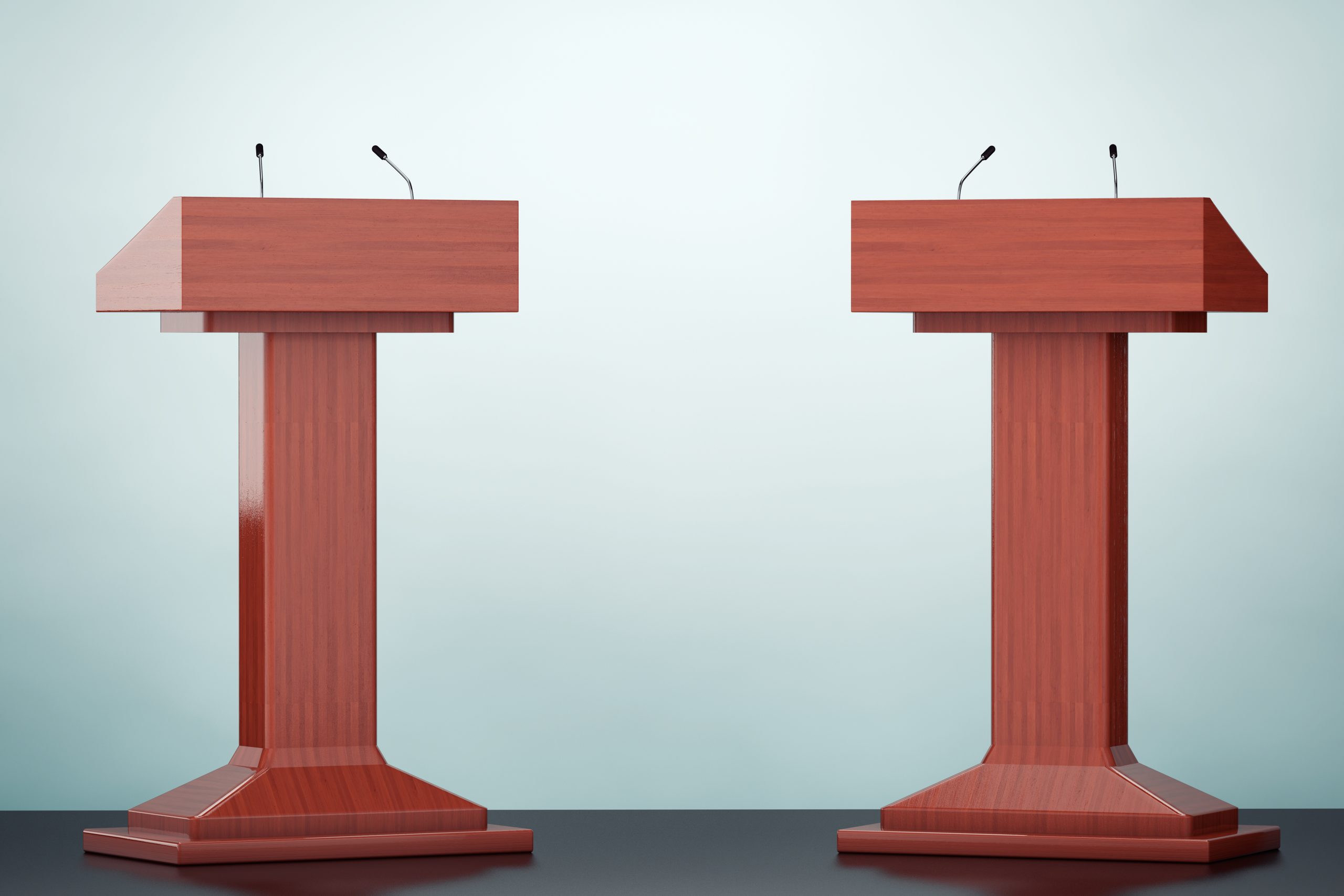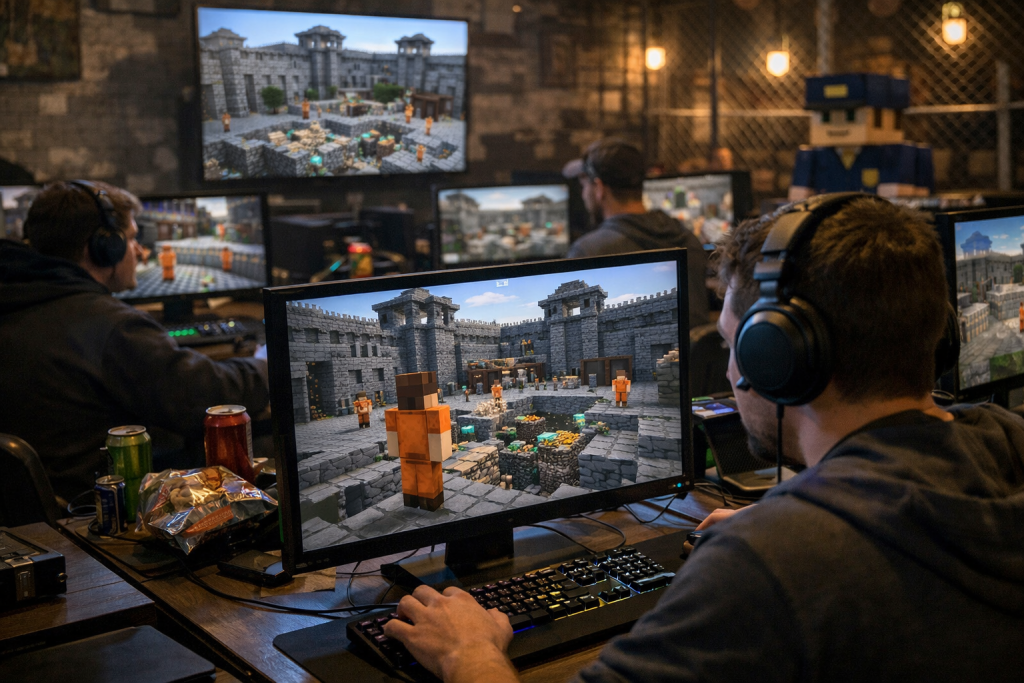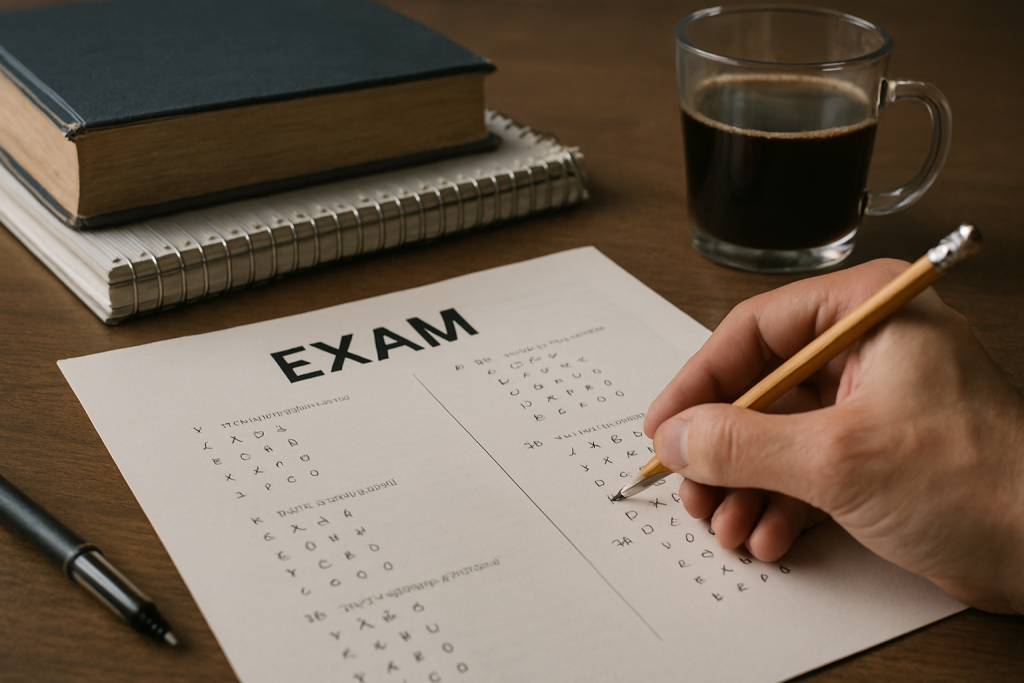Are you itching to know what topics will be tackled in the upcoming presidential debate? Well, you’re in luck! In this article, we’ll break down the key issues that are set to steal the spotlight during this highly anticipated event. Trump and Biden have already duked it out on a variety of subjects, like Trump’s jabs at Biden’s son’s Ukraine connections and Biden’s criticism of Trump’s handling of racial tensions. Brace yourself for intense discussions on the Supreme Court nomination, COVID-19 response, and the economy. But wait, there’s more! Race and violence in our cities, police brutality, economic inequality, immigration, voting rights, education disparities, and the school-to-prison pipeline are all crucial topics that may take center stage. So, let’s dive in and get the inside scoop on where these candidates stand and their plans for the future.
Trump and Biden’s Records
When discussing Trump and Biden’s records, consider their respective achievements and vulnerabilities. One key aspect to examine is Hunter Biden’s work, which has been a source of controversy. Trump has criticized Biden for his son’s involvement in Ukraine, alleging a conflict of interest. On the other hand, Republican-led Senate committees have also raised concerns about Hunter Biden’s work. Another important topic is racial tensions, with Biden criticizing Trump’s handling of the issue. It remains to be seen what specific questions will be asked during the debate regarding these topics. Additionally, the Supreme Court nominee is a significant aspect of their records. Trump plans to name his nominee soon, whereas Biden insists on waiting for the next president to make the nomination. Biden has also called for fairness in the nomination process should Trump win the election. Lastly, vaccine production amidst the COVID-19 pandemic is an essential topic. Biden has questioned the political motivations behind the production of a vaccine, while Trump promises a safe and effective vaccine will be available soon. Trump claims there will be enough vaccines for every American by April, while Biden emphasizes the need for a national strategy and mask mandate.
The Supreme Court
Continue the discussion from the previous subtopic, you will now delve into the topic of the Supreme Court. The Supreme Court is a crucial component of the United States government, as it has the power to interpret the Constitution and make decisions that impact the nation for years to come. One of the key issues surrounding the Supreme Court is the nominations of new justices. President Trump plans to announce his nominee on Saturday, with Amy Coney Barrett and Barbara Lagoa considered frontrunners. On the other hand, Joe Biden insists on waiting for the next president to nominate a candidate, and he has pledged to nominate the first African American woman to the Supreme Court if elected. The Supreme Court’s decisions have far-reaching consequences, particularly in areas such as healthcare and civil rights. For instance, the court’s ruling on the Affordable Care Act could determine the future of healthcare for millions of Americans. Additionally, the court plays a vital role in shaping civil rights legislation and protecting the rights of marginalized communities. The upcoming presidential debate is likely to touch upon these topics and explore the candidates’ stances on the Supreme Court and its impact on healthcare and civil rights.
| Candidate | Stance on Supreme Court Nominations |
|---|---|
| Donald Trump | Plans to announce his nominee on Saturday |
| Joe Biden | Insists on waiting for the next president to nominate a candidate, pledges to nominate the first African American woman to the Supreme Court if elected |
COVID-19
As the debate turns to the topic of COVID-19, you will explore the candidates’ positions and responses to the ongoing pandemic. Here are key points to consider:
- Both candidates have criticized each other’s handling of the pandemic. Biden has been critical of Trump’s response, while Trump argues that he has taken exceptional measures.
- Trump promises that a safe and effective vaccine will be available soon, and claims that there will be enough vaccines for every American by April.
- Biden questions the political motivations behind vaccine production, emphasizing the need for transparency and ensuring public trust.
- Biden advocates for a national strategy and mask mandate, highlighting the importance of a coordinated approach to control the spread of the virus.
The COVID-19 pandemic has been a central issue throughout this election campaign. The candidates have clashed over their approaches to vaccine production, political motivations, the need for a national strategy, and the implementation of a mask mandate. As the debate unfolds, pay attention to how each candidate addresses these aspects of the pandemic response and their plans for moving forward.
The Economy
Discussing the state of the economy is crucial during the presidential debate. Both candidates will likely address their plans for economic recovery, job creation, tax policy, small businesses, and economic stimulus. President Trump has touted the strong pre-pandemic economy, but acknowledges that the economy stalled and unemployment soared due to the pandemic. He promises economic recovery and a future tax cut. On the other hand, Joe Biden criticizes Trump’s handling of the pandemic’s impact on the economy and proposes economic plans under his ‘Build Back Better’ slogan. Biden aims to address the economic disparities caused by the pandemic and create jobs through his economic policies. Tax policy will also be a key point of discussion, as both candidates have differing views on how to stimulate economic growth and support small businesses. Overall, the candidates’ positions on the economy will greatly influence voters’ decisions, as they seek solutions for the current economic challenges facing the nation.
Race and Violence in Our Cities
You’ll now delve into the subtopic of ‘Race and Violence in Our Cities’ by exploring the impact of systemic racism and addressing the ongoing issue of violence within urban areas. Racial tensions, police reform, community safety, social justice, and law enforcement accountability are all key aspects of this discussion.
- Racial tensions: The subtopic of race and violence in our cities highlights the deep-seated racial tensions that exist within our society. These tensions often result in acts of violence and discrimination against marginalized communities.
- Police reform: A major focus of this subtopic is the need for police reform. Many argue that systemic racism within law enforcement agencies leads to the disproportionate targeting and mistreatment of individuals of color. Calls for reform include increasing accountability measures, reevaluating police training protocols, and reallocating resources to community-based initiatives.
- Community safety: The issue of violence in our cities directly impacts community safety. It is crucial to address the root causes of violence, such as poverty, lack of educational opportunities, and limited access to resources. Community-based solutions that promote social and economic equity and provide support systems can help create safer environments.
- Social justice: Discussions surrounding race and violence in our cities cannot be divorced from the broader concept of social justice. Achieving social justice requires dismantling systemic racism, addressing disparities in wealth and opportunity, and ensuring equal treatment for all individuals, regardless of their race or ethnicity.
Police Brutality and Racial Profiling
Continuing the discussion on race and violence in our cities, addressing police brutality and racial profiling is crucial in combating systemic racism and promoting justice. Police reform is a pressing issue that requires accountability measures and a reevaluation of law enforcement practices. Communities of color have long been disproportionately affected by police violence, which has resulted in the loss of lives and the erosion of trust between law enforcement and the communities they serve.
To address these systemic issues, it is essential to implement community policing strategies that emphasize building relationships between law enforcement agencies and the communities they serve. This approach focuses on collaboration, communication, and problem-solving, rather than solely relying on traditional law enforcement tactics. By involving community members in the decision-making process and working together to address the root causes of crime, community policing can help reduce instances of police brutality and racial profiling.
In addition to community policing, accountability measures must be put in place to ensure that law enforcement officers who engage in misconduct are held responsible for their actions. This includes implementing stronger oversight mechanisms, enhancing training on cultural sensitivity and de-escalation techniques, and establishing clear guidelines for the use of force. By promoting transparency and accountability within law enforcement agencies, we can begin to address the issue of police brutality and work towards racial justice.
Economic Inequality and Racial Discrimination
Addressing the urgent issue of economic inequality and racial discrimination requires recognizing the disparities that exist and taking proactive steps to mitigate them. In the context of the presidential debate, the subtopic of ‘Economic Inequality and Racial Discrimination’ encompasses several key issues that need to be addressed.
- Racial wealth gap: The significant disparity in wealth between different racial groups is a clear manifestation of systemic racism. People of color lag behind their white counterparts in terms of wealth and income, with the wage gap between Blacks, Latinx, and whites being worse today than 40 years ago.
- Systemic racism: Racial discrimination is the main driver of the racial wealth gap, outweighing factors like education and work experience. It is crucial to acknowledge and confront the systemic barriers that perpetuate economic disparities among different racial groups.
- Educational disparities: Educational inequities contribute to the perpetuation of economic inequality. Communities of color often face divestment, closure, and privatization of traditional public schools. Additionally, harsh discipline policies and the presence of police in schools lead to the disproportionate criminalization of Black and Latinx students.
- Voting rights and the criminal justice system: Protecting voting rights is essential for combating systemic racism. The disenfranchisement of people of color through strict Voter ID laws and other tactics disproportionately affects their ability to participate in the democratic process. Furthermore, the criminal justice system disproportionately targets and harms people of color, leading to further economic inequality.
To address economic inequality and racial discrimination, it is important for the presidential candidates to present comprehensive plans that tackle these issues head-on, including policies aimed at closing the racial wealth gap, dismantling systemic racism, addressing educational disparities, and protecting voting rights within the criminal justice system.
Immigration and Racial Profiling
How does immigration policy intersect with the issue of racial profiling in the United States? Immigration policies in the United States have long been criticized for their racial bias and the resulting discrimination against communities of color. The issue of racial profiling intertwines with immigration policy, particularly with regards to border security and the criminalization of immigrants. Immigrants of color are often singled out, profiled, marginalized, and persecuted in the name of national security. This has led to the loss of lives and freedom, as well as the perpetuation of systemic racism. The criminalization of immigrants, many of whom are people of color, has resulted in their fear of arrest or deportation. Racial profiling and discrimination are evident in practices such as stop-and-frisk, where Blacks and Latinx residents are unfairly targeted despite being less likely to violate the law. The recent police killings of individuals like Keith Lamont Scott, Tyre King, and Terrence Crutcher highlight the consistent attack on people of color. Furthermore, the detention of immigrants in for-profit private prisons denies them access to adequate healthcare and education. In order to address these issues, it is crucial to reform immigration policies and combat racial bias within the system.




